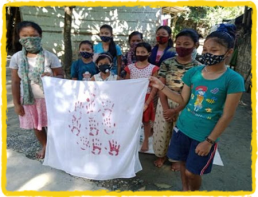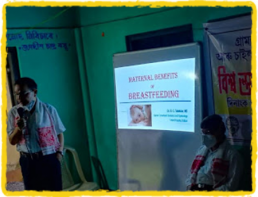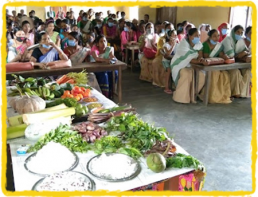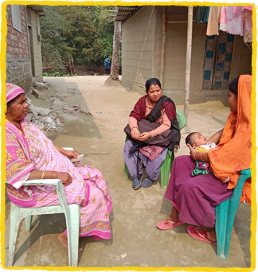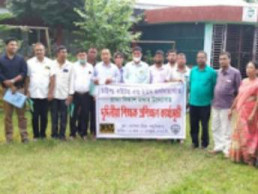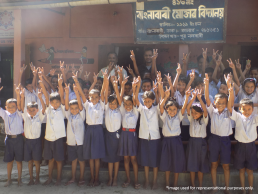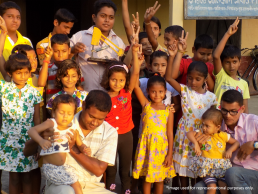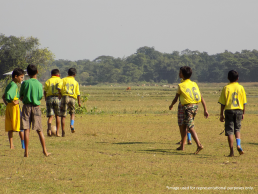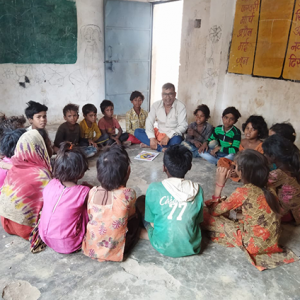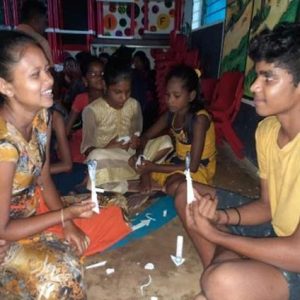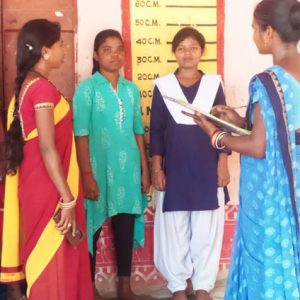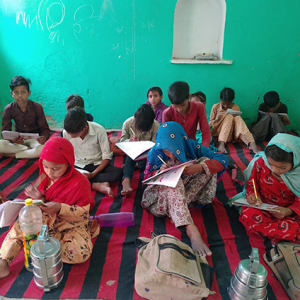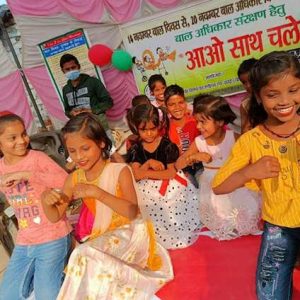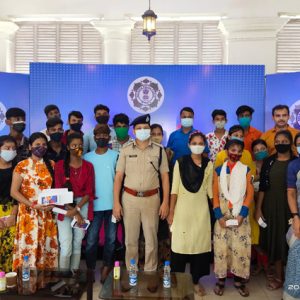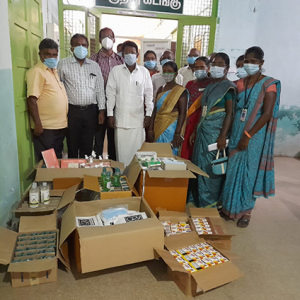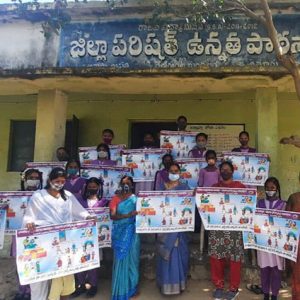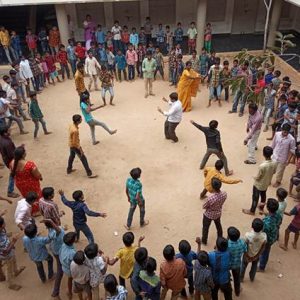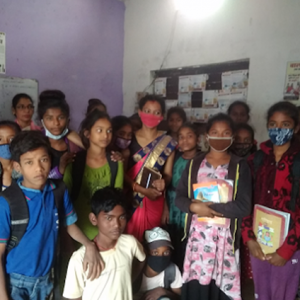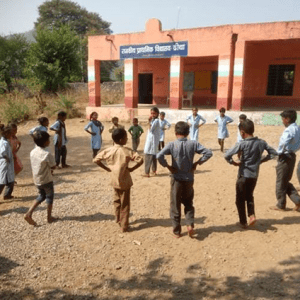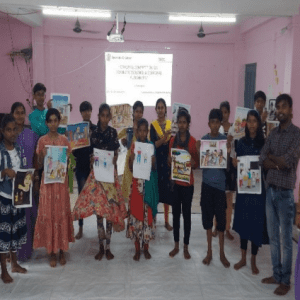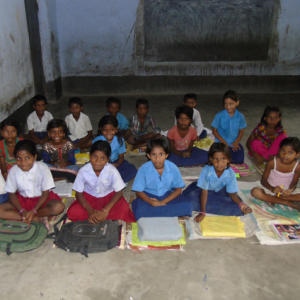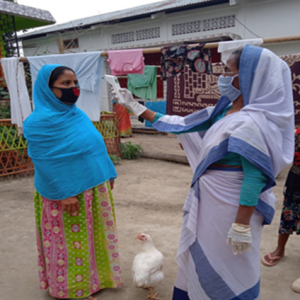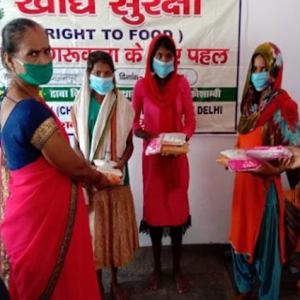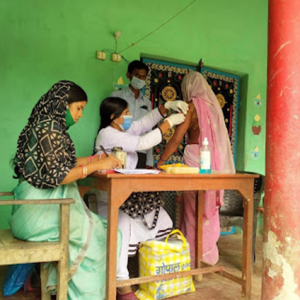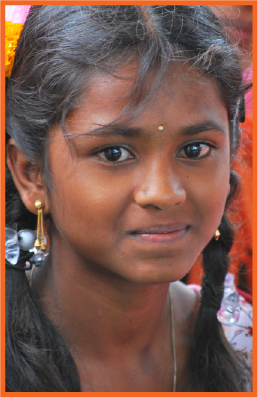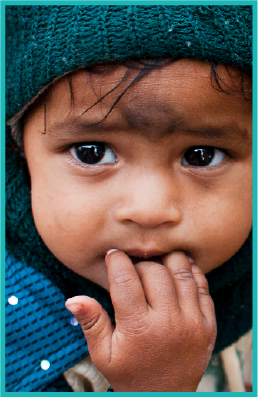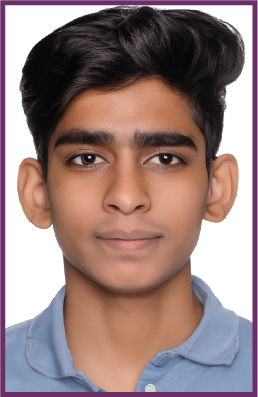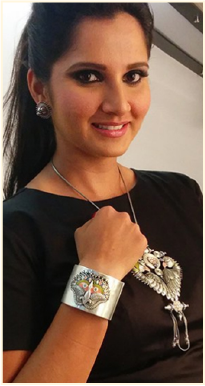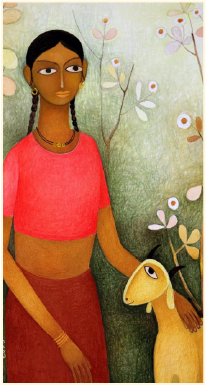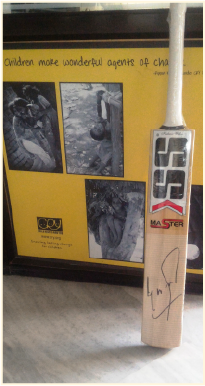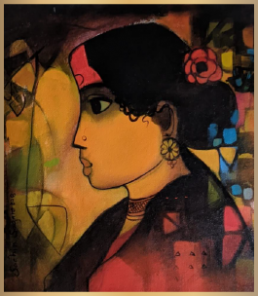Campaign Story
About the project
GVM is working on health and malnutrition issues in 18 villages in Assam. Awareness level in the community, sensitization towards accessing health care services including immunization, lack of services like Ante-natal care (ANC) and institutional delivery, balanced diet and hygienic practices influence the poor health and nutrition outcome indices. It was evidently surfaced that enrolment of the children is not an issue, rather a compelling issue is retention and regularity of the children in government schools. Being a flood and waterlogging prone state, schools are vulnerable to physical barriers and thus parents are scared to send their children to school during the rainy season.
Making a difference
CRY America Project GVM is working towards providing access to free, primary healthcare in the intervention areas. The project is working at reducing the rate of child malnutrition in operational areas while increasing the enrollment rate and retention rate in schools. The key activities at the project location are home based tracking of pregnant and lactating mothers, tracking of children for education support, and engagement with children’s groups.
The way forward
● Capacity building workshop on RCH (Reproductive Child Health) for 100 participants
● Developing village level health plan in 10 villages
● Ensuring 100% growth monitoring campaign in the age group of 1 to 60 months
● Training 27 Anganwadi workers to prepare locally available Teacher Learning Manual
● Capacity building of 13 children collectives and 8 girls collectives on child centric modules
● Organize education camp to bridge the learning outcome deficit with 30 children
● Developing village level health plan in 10 villages and sharing with the regional health offices
Project Impact

579
Pregnant mothers were tracked and follow up done

1216
Adolescent girls underwent anemia testing

47
Children have benefited from Digital Literacy center

1906
Children were covered under Growth Monitoring

67
Irregular children are now regular
Current Year’s Approved Grant
Building Awareness for Exclusive Breastfeeding Practices in Rural Communities
In rural areas of India, there are many traditional practices and taboos related to the child feeding process, such as the initiation of honey, water, and lemon water within 6 months of age. To address this issue, the project team launched an extensive community mobilization and awareness-building process to promote exclusive breastfeeding (EBF) practices and the initiation of supplementary feeding after 6 months as a part of a comprehensive child health care program.
Morzina Begum and Safikul Ali, a couple from Nalbari district, exemplifies the success of this initiative. Despite their limited education and small family business, they attended various awareness-building sessions and became informed about the importance of EBF. When their son, Irfan, was born, weighing 2.8 kgs, they were committed to following the recommended practices.
Morzina continued EBF for 3 months but noticed that her baby was crying and looking for more feeding. She then decided to initiate supplementary feeding (packet milk). However, after attending a community awareness program organized by the project team, she learned about the importance of EBF and the optimal time for initiating supplementary feeding. During this program, the team organized a large-scale community awareness campaign and emphasized the importance of EBF. They also demonstrated the feeding practices through mock sessions with toys and involved health workers, to explain the duration.
Morzina was an attendee in this meeting and asked questions about the feeding frequency and reasons for her baby’s crying. She was advised that her feeding was inadequate, and there was no merit in initiating processed milk. She understood the importance of EBF and decided not to continue the packet milk. She was also suggested to strictly follow the EBF, recommended 8-10 times daily.
When the child was brought for vaccination growth monitoring was done, and it was found that he weighed 8.5 kg. Morzina’s diligent efforts and the team’s community mobilization efforts have helped establish the importance of EBF practices and the optimal time for initiating supplementary feeding in rural communities.
| Name | Donate Amount | Date |
|---|---|---|
| HANS Foundation | $60,238 | November 02, 2023 |












